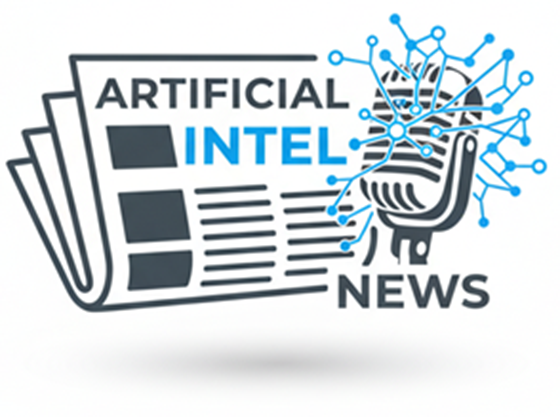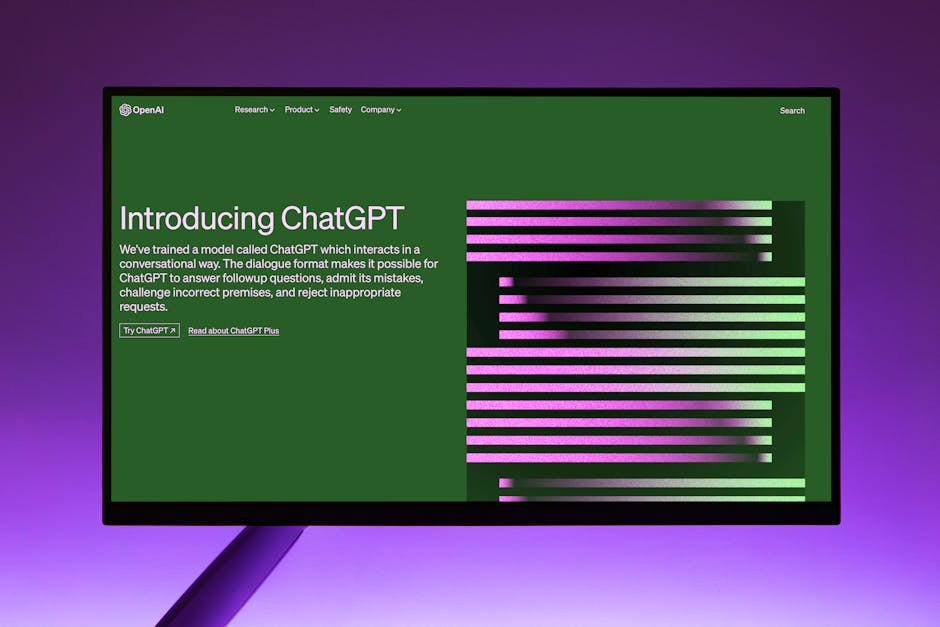Microsoft and OpenAI: A Strategic Partnership in the AI Landscape
In the rapidly advancing world of artificial intelligence, partnerships between tech giants and innovative startups are pivotal. Microsoft, a leader in the tech industry, is reportedly in advanced negotiations with OpenAI, a cutting-edge AI startup. This evolving partnership could redefine both companies’ positions in the AI domain.
Strategic Implications for Microsoft
Microsoft has heavily invested in OpenAI, with $13.75 billion already committed. This strategic move allows Microsoft to integrate OpenAI’s technology across its platforms, from Azure OpenAI Service to Copilot in Windows, Office, and GitHub. Ensuring ongoing access to OpenAI’s advancements, especially as it approaches artificial general intelligence (AGI), is crucial for maintaining Microsoft’s competitive edge.
OpenAI’s Transition to Commercialization
As OpenAI transitions from its mission-driven nonprofit origins to a more commercial entity, the company faces both opportunities and challenges. While the current structure limits full commercialization, OpenAI aims to overcome these hurdles to maximize its technological impact and financial returns. This shift could also lead to regulatory scrutiny, necessitating careful navigation to achieve successful commercialization.
Potential Challenges and Opportunities
The ongoing negotiations between Microsoft and OpenAI highlight several potential challenges, including regulatory considerations and the structuring of investor returns. However, the partnership offers significant opportunities. A restructured OpenAI could provide Microsoft with formal equity, enhancing its strategic investments in AI.
Conclusion
The collaboration between Microsoft and OpenAI exemplifies the dynamic nature of the AI industry. As both companies navigate the complexities of this partnership, their combined efforts could significantly influence the future of artificial intelligence, driving innovation and creating new opportunities for growth in the tech sector.






